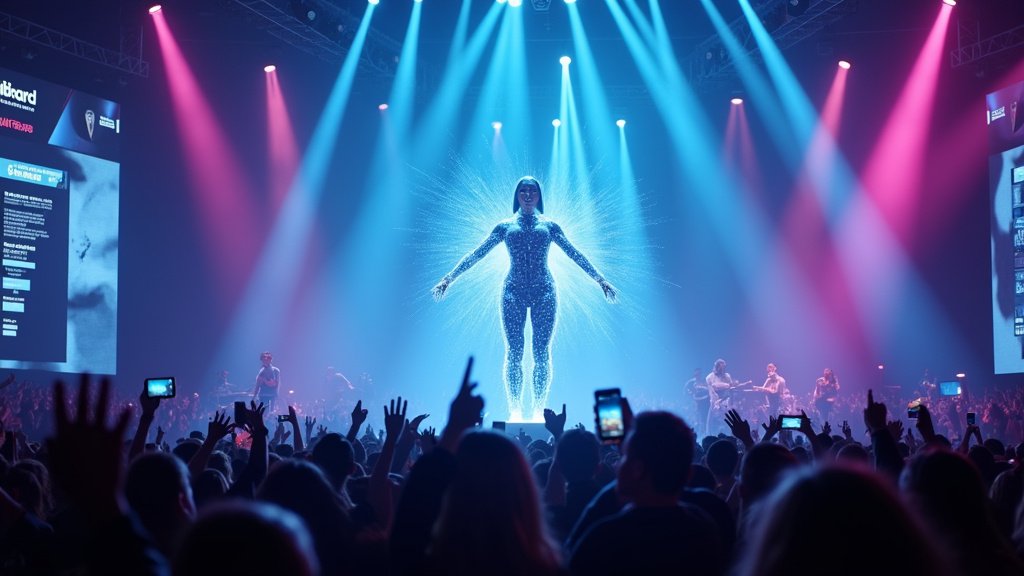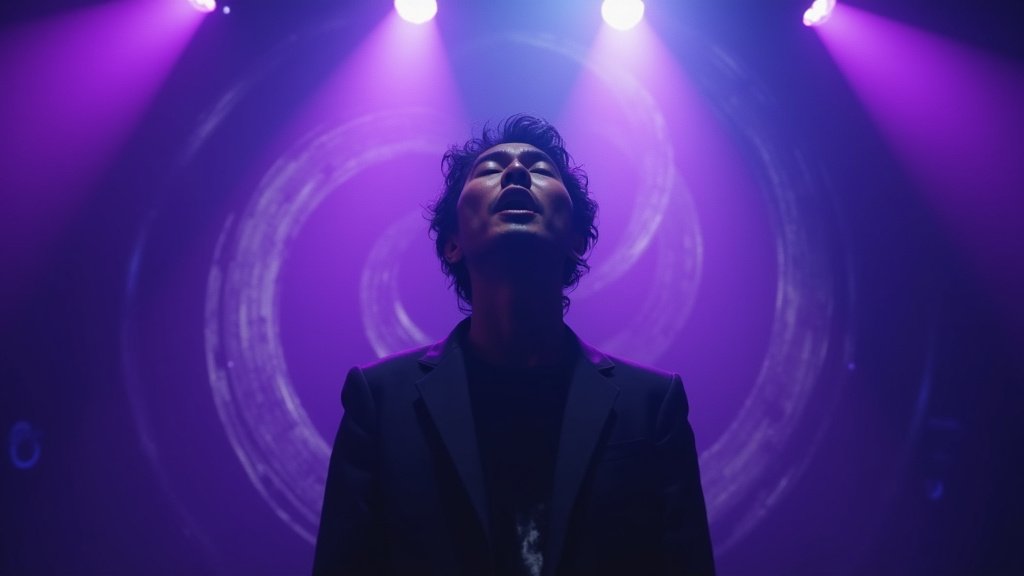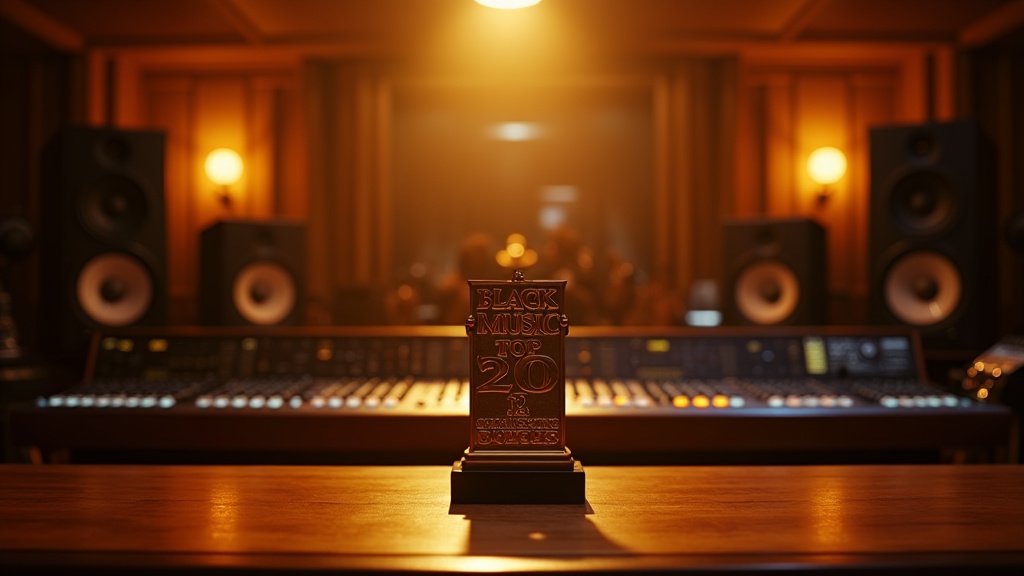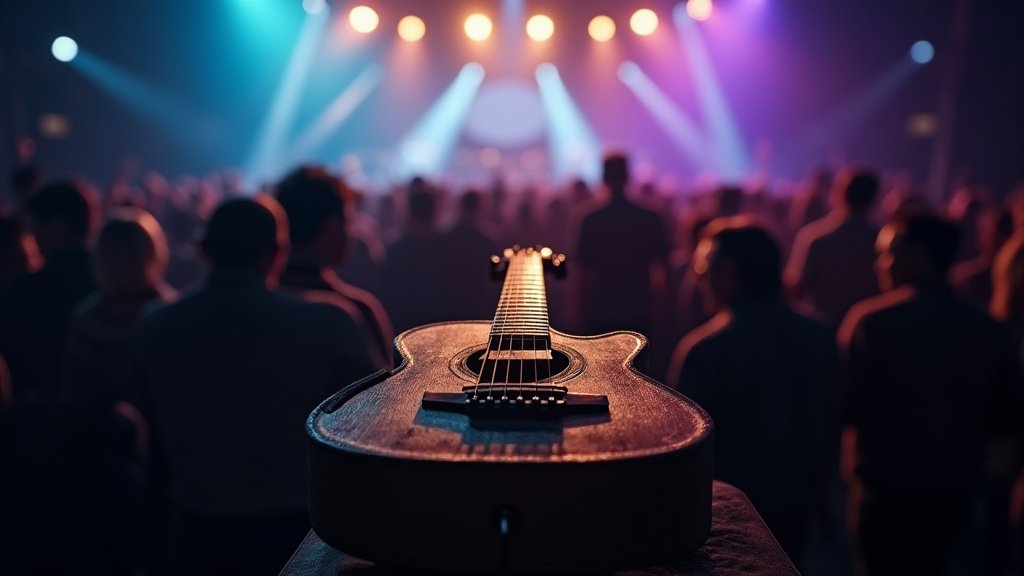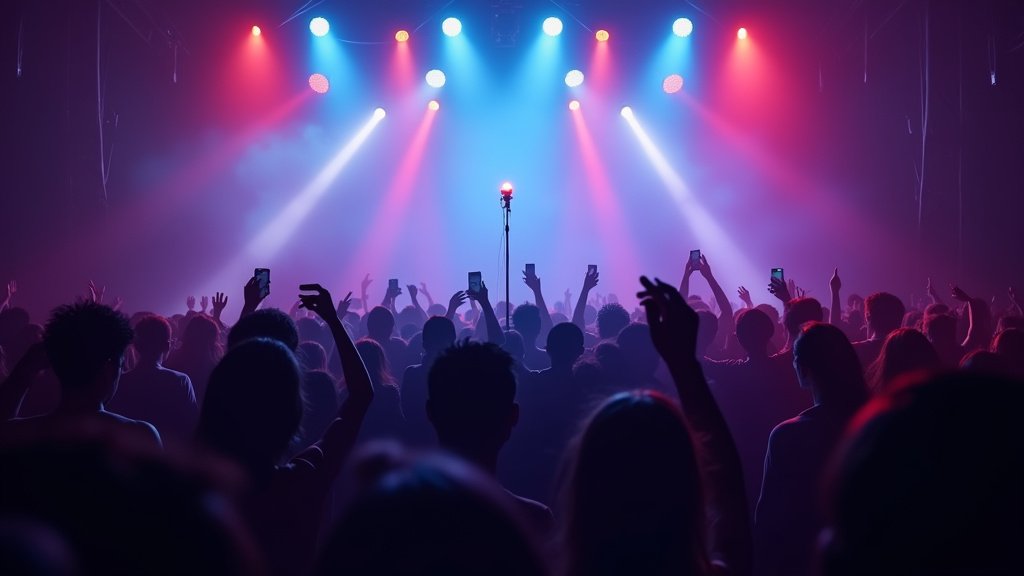The AMERICAN MUSIC landscape is undergoing a seismic shift as Artificial Intelligence (AI)-powered artists are not only entering but also charting on prestigious Billboard rankings, igniting widespread industry debate. This MAJOR news signals a new era where algorithms and synthetic voices are gaining traction, forcing a reevaluation of creativity, authenticity, and the very definition of an artist, with the emergence of the AI Artists Billboard.
AI Artists Billboard: A New Breed of Chart-Toppers
In recent months, at least six AI or AI-assisted musical projects have debuted across various Billboard charts, spanning genres from gospel and R&B to country and rock. Leading this charge is Xania Monet, an AI-generated singer who has achieved unprecedented success, proving the power of the AI Artists Billboard. Her tracks, including “Let Go, Let God” and “How Was I Supposed to Know?”, have charted on the Hot Gospel Songs, Hot R&B Songs, and critically, the Adult R&B Airplay chart—making her the first known AI-powered artist to achieve radio airplay. Beyond radio, Xania Monet has also climbed the R&B Digital Song Sales and Emerging Artists charts, amassing over 44 million official U.S. streams for her catalog. Other AI acts making waves include Breaking Rust, a country music project whose songs “Livin’ On Borrowed Time” and “Walk My Walk” charted on the Country Song Sales and Emerging Artists charts. Juno Skye, an AI Christian artist, and Enlly Blue have also appeared on Billboard rankings, underscoring the growing prevalence of AI in popular MUSIC and the impact of the AI Artists Billboard.
The Human Element Behind the AI Artists Billboard Phenomenon
While the voices and personas may be synthesized, the genesis of these AI artists often involves human creativity. Xania Monet, for instance, was conceptualized and her lyrics written by Telisha “Nikki” Jones, a poet and designer from Mississippi. Jones utilizes AI platforms like Suno to transform her personal narratives into music, with her manager, Romel Murphy, emphasizing that the AI acts as a tool rather than a replacement for human experience. Similarly, Breaking Rust is credited to songwriter Aubierre Rivaldo Taylor. These projects highlight a collaborative frontier between human ingenuity and artificial intelligence in MUSIC creation, contributing to the growing narrative around the AI Artists Billboard.
A Multimillion-Dollar Bet on AI Artistry and the AI Artists Billboard
The commercial potential of AI artists has not gone unnoticed, especially with their presence on the AI Artists Billboard. Hallwood Media, a prominent music management and record label company, has reportedly signed Xania Monet to a multimillion-dollar record deal, with some reports citing a value of $3 million. This significant investment, which reportedly followed a bidding war among labels, signals a strong belief in the future of AI-driven MUSIC and its commercial viability. Hallwood Media’s CEO, Neil Jacobson, a figure known for his forward-thinking approach, has previously expressed that AI represents “the future of our medium.” This investment is a clear indicator of the perceived value of acts making it onto the AI Artists Billboard.
Alarms Sounded: Industry Voices Raise Concerns About the AI Artists Billboard
The rapid ascent of AI artists, as evidenced by their appearance on the AI Artists Billboard, has been met with a mixture of fascination and apprehension within the MUSIC industry. Established artists have voiced strong opposition, with singer Kehlani publicly criticizing Xania Monet’s record deal, stating, “Nothing and no one on Earth will ever be able to justify AI to me”. The core concerns revolve around authenticity, the potential displacement of human musicians and songwriters, and ethical dilemmas surrounding music copyright AI, particularly as AI platforms like Suno have faced lawsuits for allegedly training on copyrighted material without permission. The U.S. Copyright Office is actively considering disclosure rules for AI-generated content, and unions are emphasizing that “creativity is, and should remain, human-centered”. Critics also point to the potential for AI-generated MUSIC to flood platforms, devaluing human artistry and making it harder for independent artists to compete, a significant consideration when discussing the AI Artists Billboard.
The Listener’s Verdict and Future Frontiers for AI Artists Billboard Contenders
Despite the industry’s internal debate, AI-generated MUSIC is resonating with listeners, contributing to the rise of the AI Artists Billboard. Xania Monet’s catalog alone has generated tens of millions of streams, and the question remains whether the origin of the MUSIC matters if it connects emotionally with an audience. Romel Murphy, Monet’s manager, argues that AI is a “new frontier” that “doesn’t take away from the human experience”. This perspective aligns with views that artificial intelligence music is an evolutionary step in MUSIC creation, akin to the adoption of synthesizers or digital instruments, offering new tools and possibilities for collaboration between humans and machines. The success of AI music artists is undeniable.
A New Era Dawns: The AI Artists Billboard Era
The debut of AI artists on Billboard charts represents a significant turning point, marking the dawn of the AI Artists Billboard era. It underscores the rapid advancement of AI technology and its increasing integration into creative industries. While the debate between AI-driven innovation and the preservation of human artistry intensifies, one thing is clear: AI is no longer a futuristic concept in MUSIC; it is a present reality shaping charts, careers, and the ongoing narrative of what it means to be an artist in the 21st century. The implications for the future of AMERICAN MUSIC creation, consumption, and copyright are profound and will undoubtedly continue to unfold. This is a developing news story that promises to redefine the industry, with the AI Artists Billboard serving as a testament to this transformation.

